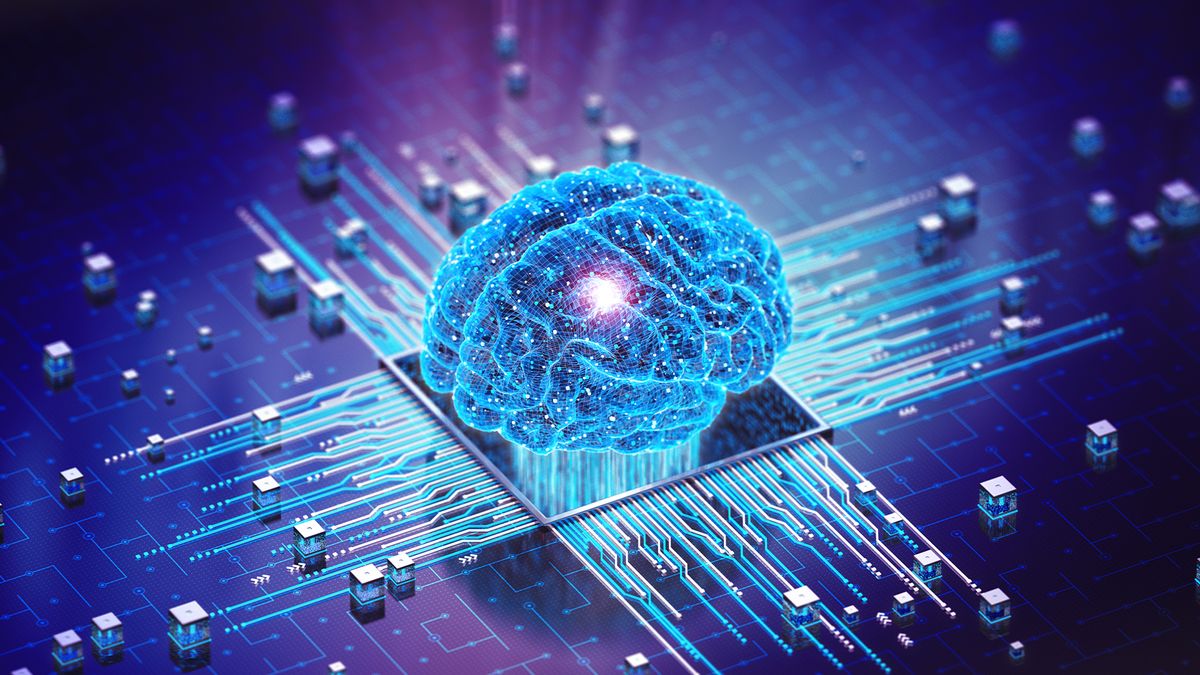Artificial Intelligence (AI) has rapidly become one of the most transformative technologies of our time, influencing industries, reshaping economies, and redefining daily life. Its importance lies not only in its immediate benefits but also in its potential to solve global challenges, improve efficiency, and enhance the quality of life for billions of people.
Revolutionizing Industries
AI’s impact spans across industries, from healthcare to finance and agriculture. In healthcare, AI-powered tools assist doctors in diagnosing diseases more accurately, predicting patient outcomes, and personalizing treatment plans. For instance, AI algorithms can analyze medical imaging to detect anomalies like cancer at an early stage, significantly improving survival rates. Similarly, in agriculture, AI technologies help optimize crop yields through precision farming, using data on soil conditions, weather, and crop health to reduce waste and maximize productivity.
In finance, AI algorithms analyze vast amounts of data in real-time, enabling smarter investment decisions and fraud detection. Automated customer service bots in banking and retail ensure quick responses, enhancing customer satisfaction. These examples highlight how AI drives innovation, increases productivity, and cuts costs, making industries more competitive and effective.
Transforming Daily Life
AI is seamlessly integrated into everyday life through technologies such as virtual assistants, recommendation systems, and smart devices. Virtual assistants like Siri, Alexa, and Google Assistant streamline tasks by answering queries, setting reminders, and controlling smart home devices. Recommendation algorithms used by platforms like Netflix, Spotify, and Amazon enhance user experiences by personalizing content and product suggestions based on individual preferences.
Transportation is another area where AI has revolutionized how people move. Ride-sharing services like Uber use AI to match drivers with passengers efficiently, while autonomous vehicles promise safer roads by minimizing human error. These advancements not only make life more convenient but also contribute to sustainability by optimizing resource usage and reducing waste.
Addressing Global Challenges
AI has immense potential to address some of humanity’s most pressing challenges. Climate change, for example, can be tackled through AI models that predict environmental changes and optimize renewable energy systems. AI-powered early warning systems for natural disasters like hurricanes or earthquakes save lives by providing timely alerts.
In education, AI-driven platforms personalize learning experiences, catering to the unique needs and paces of students. This accessibility is vital for marginalized communities, as it bridges gaps in education and ensures more equitable opportunities.
Ethical Considerations and Future Potential
While AI offers countless benefits, its development raises ethical concerns such as privacy, job displacement, and decision-making transparency. Addressing these issues responsibly is crucial to ensure that AI serves humanity positively. Policymakers, developers, and society must work collaboratively to create guidelines that foster innovation while safeguarding individual rights.
The future of AI is brimming with possibilities. From advancing space exploration to eradicating diseases and creating smarter cities, the technology holds the key to unprecedented progress. Its importance in shaping a sustainable, efficient, and equitable future cannot be overstated.
AI is not merely a tool but a catalyst for transformative change. By harnessing its power wisely, society can unlock a brighter future for generations to come.





